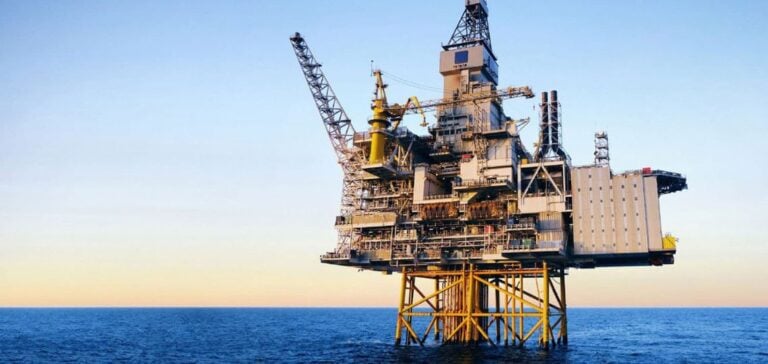South Korean President Yoon Suk Yeol recently approved exploratory drilling for a potential oil and gas reserve, estimated at 14 billion barrels. Drilling is planned in the East Sea to assess the extent of these energy resources.
A Strategic Initiative for Energy Independence
South Korea, one of the world’s leading energy importers, could see its oil needs covered for four years and its gas needs for twenty-nine years if the reserves are confirmed. These drilling operations will take place off the coast of Pohang in the East Sea, also known as the Sea of Japan, with results expected in early 2025. This initiative is part of the country’s quest for domestic energy sources, following the discovery of 45 million barrels of gas in the late 1990s.
Comparison with International Projects
According to President Yoon, this exploration could surpass in size the 11 billion barrel Guyana reserve, considered the largest oil development project of this century. The South Korean government estimates that three-quarters of the reserves are gas and one-quarter oil. If stocks are confirmed, a development program will be drawn up, with construction scheduled to start between 2027 and 2028, aiming for commercial development around 2035.
Economic and financial impact
This announcement led to a significant rise in the shares of South Korean energy companies. Korea Gas Corporation, Dong Yang Steel Pipe and Heung Gu Oil saw their shares jump by around 30%, while SK Gas gained over 10%. These stock market movements reflect the market’s optimism about the economic potential of this discovery.
A project with multiple challenges
This drilling project presents significant environmental, economic and geopolitical challenges. The East Sea region is strategically important, and the development of these reserves could influence the region’s energy dynamics. This initiative could also strengthen South Korea’s position on the international energy scene, by reducing its dependence on imports and stabilizing its energy supply. The discovery of these resources could transform South Korea’s energy landscape, ensuring greater energy independence and boosting the national economy. However, the environmental impact of such drilling needs to be carefully assessed to ensure sustainable development. Next steps will include rigorous environmental assessments and stakeholder consultations to ensure responsible resource development.






















